CBP is one of the largest and most complex components within DHS, with a priority mission of keeping terrorists and their weapons out of the U.S. CBP also has a responsibility for securing and facilitating trade and travel while enforcing hundreds of U.S. regulations, including immigration and drug laws. Within CBP, CSPO is responsible for the development and maintenance of systems and interfaces that support CBP, other Government agencies, and the trade community for import, export, and control of merchandise shipments.
Our team provides information technology services to develop, migrate, and support cargo system applications. These services include new functionality development and testing, re-factoring existing system functionality, corrective and adaptive maintenance of existing applications, application maintenance of existing systems, and architecture and engineering services to support application development to migrate the functionalities of the Cargo Production applications to the target architecture using Agile development methodologies.
Effective team communication is a critical component in the Agile process and to the success of the work products. Our team is responsible for conducting Sprint Kick-offs which will begin with a kick-off meeting between the development team and the product owner to discuss acceptance criteria and a detailed design for each story. This ensures alignment across teams and stakeholders on their work for the Sprint. All development work takes place in team rooms so team members are co-located in a dedicated team space in order to promote frequent face-to-face communication and collaboration. A story/task board is used to radiate information about the team’s work and promote at-a-glance visibility and transparency to other team members and stakeholders. In addition, our team leverages a burndown and/or burnup chart to show the team’s daily progress in completing user stories and picture of remaining work and time.
Our team maintains an information repository to ensure all information is stored in a single location providing easy access to all necessary development information (project and process related materials) by all members of the development team. The development teams hold a process retrospective at least once per Sprint. This allows the team to reflect on how they are working and discuss potential improvements. We hold daily stand-up meetings to discuss the progress of current stories and tasks, and to expose obstacles to progress and methods for potential improvement. WE provide daily Agile status updates to facilitate transparent communication between the Contractor and the Government of progress and impediments to the production of working software. Examples include backlog reports, burn down rates, velocity statistics, and impediment logs. The development team meets with the product owner and other Government stakeholders on the last day of the Sprint to conduct a Sprint Review in order to review completed stories and receive feedback, and provide accountability for team members and visibility to the stakeholders. Our team also provides architecture support to include:
- Migration to a common processing environment for functionality in current CSPD systems(ACE, AES and ACS) as well supporting newly developed functionality using a common processing platform for all Cargo systems.
- Support of a component and service-based architecture operating in a distributed environment to support more efficient maintenance, extension, updates and upgrades to Cargo systems.
- Use of proven open-source technologies to the greatest extent possible to reduce acquisition and Operations and Maintenance (O&M) costs.
